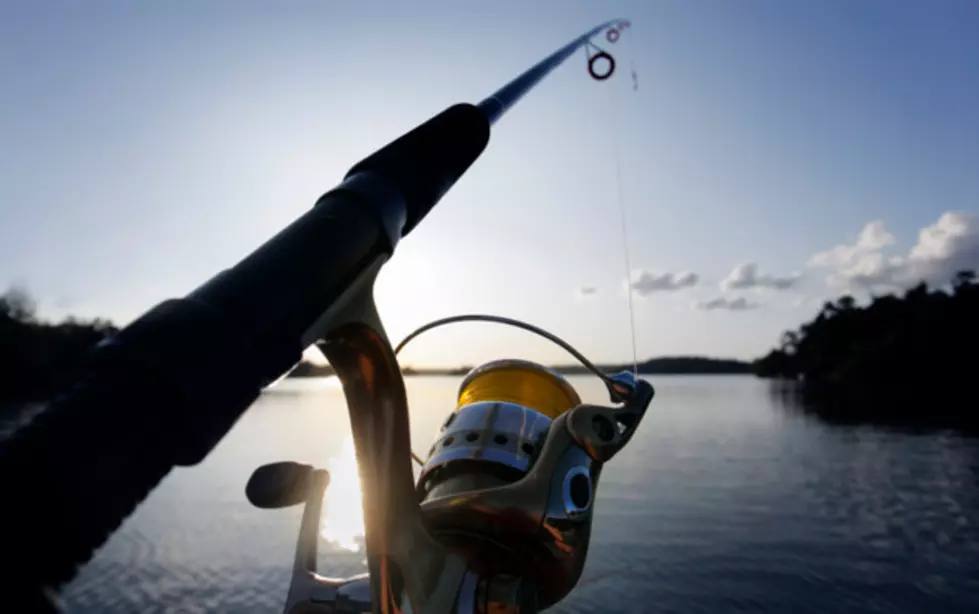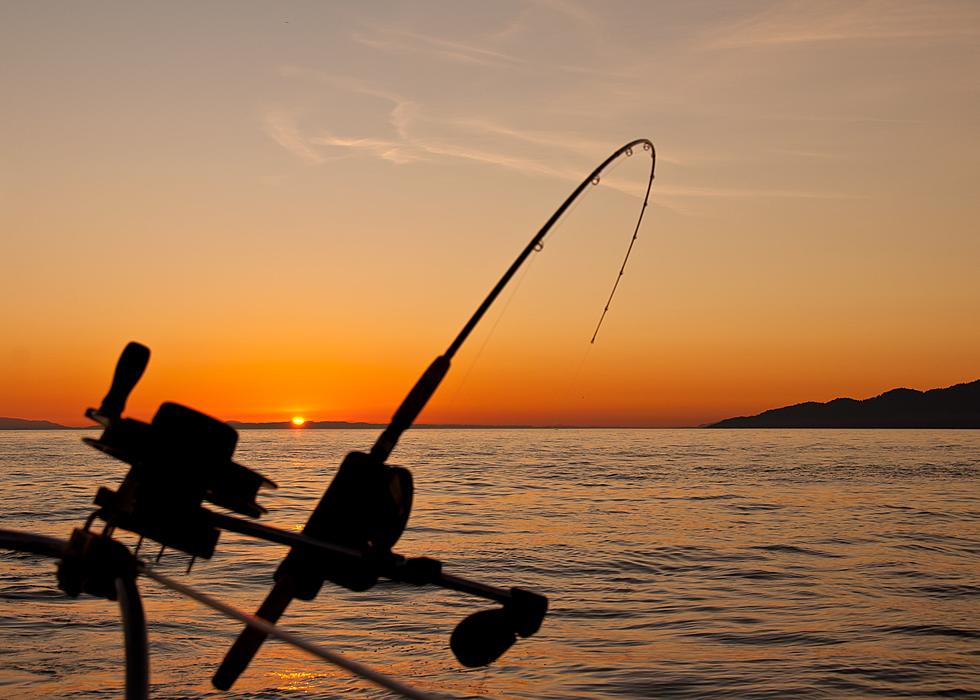
How To Avoid Getting Your Fishing Line Tangled Up
One thing that may drive you crazy when you're fishing is tangled up lines. Think about this: your reel gets all messed up and it gets to be very frustrating. Here's a few tips and tricks to avoid getting your fishing line tangled up:
1) Watch How You Spool A New Line
When you're spooling a spinning reel with new line, Take Me Fishing suggests that you lay the spool flat and wind on several feet of line then open the bail.
If the line uncoils like the foam snakes out of a fake peanut can gag toy, take the line off and try again with the new line spool flipped over."
2) Always Remember The Importance Of Flipping The Bail Closed When You Cast
Remember, no matter what, always flip the bail closed on any spinning reel at the end of your casts EVERY SINGLE TIME before the lure touches the water.
"At that split second before the lure touches the water, there is still tension on the spool. The line is tightly packed. When you wait until the lure settles into the water you've also inadvertently waited for slack line to form on the spool. Slack line forms loops. That's where spinning reel nightmares start".
3) Avoid Reeling In Backwards
Honestly, this may be the reason you created such a big mess on your line. Avoid reeling in backwards as much as possible.
Use your reel lock to prevent reverse movement of your reel."
4) Make Sure Your'e Using The Proper Fishing Line
This seems to be an obvious answer, but we all make simple mistakes. I've constantly added the wrong line on my pole. We all do it.
For instance, spinning reels tend to perform better with limper line, such as braided line. This doesn’t mean you can’t use other line types, but mono and fluorocarbon can be an issue, due to their line memory. Treat such lines with line treatment spray and be sure to get a god amount of casts in to straighten them out. Line size will also influence casting distance of a spinning reel. Smaller diameter lines almost always cast easier and farther and will also sit better on the spool."
5) Always Pay Attention
Always pay attention to how your fishing pole feels like.
If there is a little tic or flap sound or feel while retrieving, look down and catch that potential pileup early. If the drag is slightly loose, pull on the line and even if the loop is down in the spool, it may slip free. Another tact is to cast it out, casting further this time and then winding back between two fingers to feel any possible remaining line issues."
More From Big Frog 104









